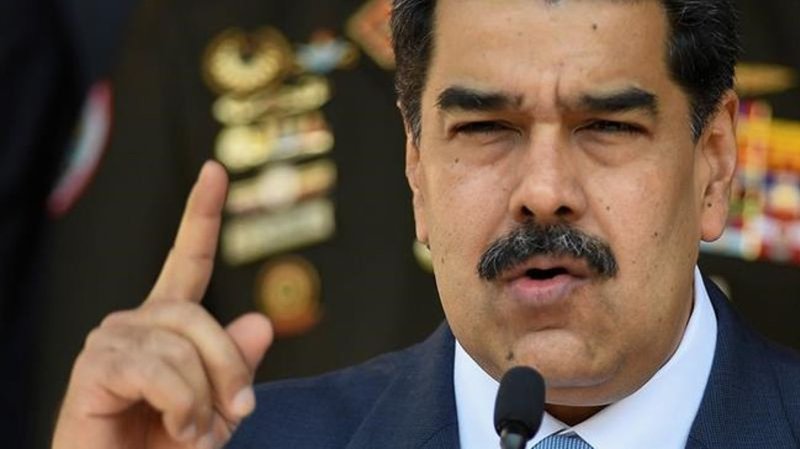
Experts cite ‘crimes against humanity’ in Maduro’s Venezuela
GENEVA — Independent experts for the U.N.’s top human rights body accused the government of Venezuelan President Nicolas Maduro on Wednesday of crimes against humanity, highlighting grisly cases of torture and killings allegedly carried out by security forces who used techniques like electric shocks, genital mutilation and asphyxiation.
In a scathing, in-depth report commissioned by the Human Rights Council, the experts said the people responsible for extrajudicial executions, enforced disappearances, arbitrary detentions and other crimes must be held to account to provide justice for untold thousands of victims and to ensure such crimes don’t happen again.
The findings of the report are likely to ratchet up pressure on Maduro’s government, which has overseen a country in tatters with runaway inflation, a violent crackdown and an exodus of millions of Venezuelans who have fled to neighbouring countries to escape the turmoil since he took power in 2013.
The experts delved into nearly 3,000 cases, looked at more than 5,000 killings and concluded that Maduro and his defence and interior ministers were aware of the crimes committed by Venezuelan security forces and intelligence agencies.


